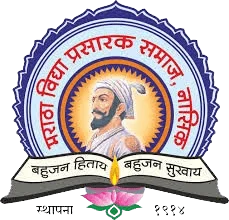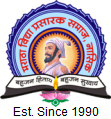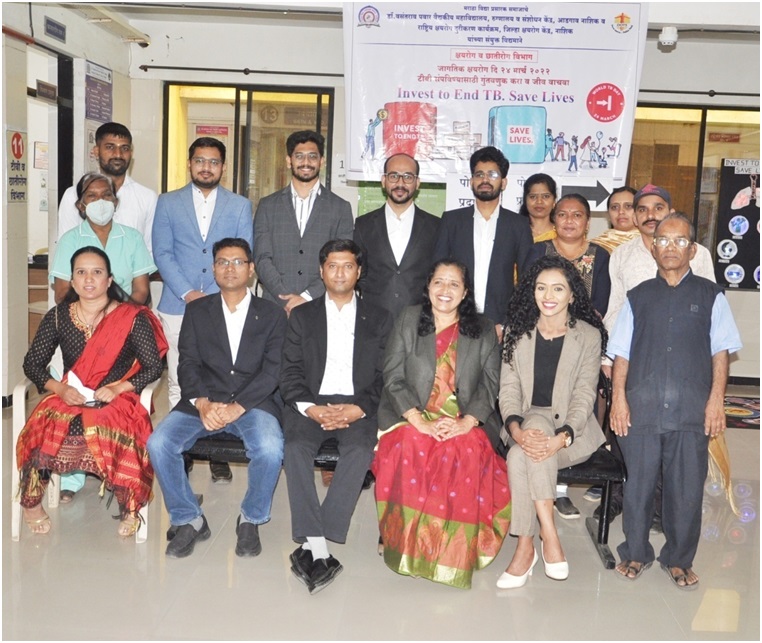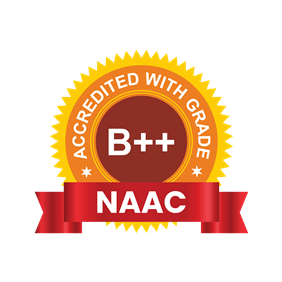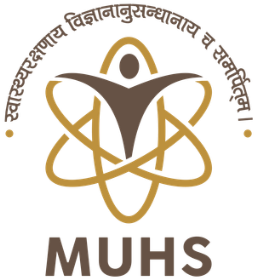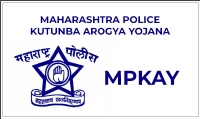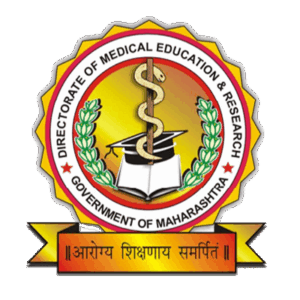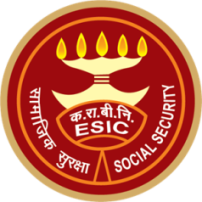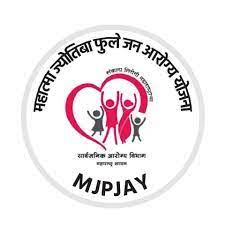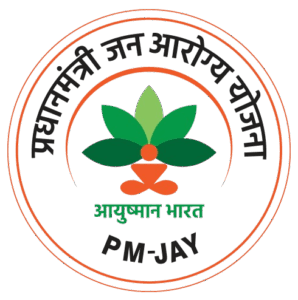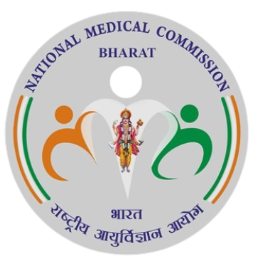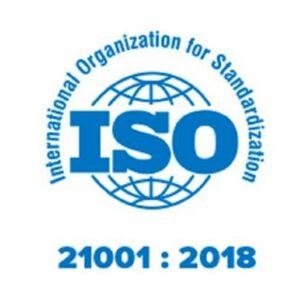Goal & Objectives
- GOAL:
UG
The aim of teaching the undergraduate student in Tuberculosis and Chest Diseases is to impart such knowledge and skills that may enable him/her to diagnose and manage common ailments affecting the chest with the special emphasis on management and prevention of Tuberculosis and especially National Tuberculosis control programme.
PG
The goal of Post graduation (MD) course in Respiratory Medicine is to
create specialists who would provide high quality health care and advance the cause of science through research & training.
The physician qualified in Pulmonary Medicine at the end of the course should be able to diagnose and treat pulmonary diseases, take preventive and curative steps for these diseases in the community at all levels of health care and qualify as a consultant and teacher in the subject.
Each student should obtain proficiency in the following domains during the period of training:
- Theoretical knowledge of different aspects of pulmonary Medicine including the status in health and disease
- Acquire clinical skills acquire Practical skills. Management of emergencies including intensive care
- Preparation of thesis as per mci guidelines
2.EDUCATIONAL OBJECTIVES:
UG
At the end of the course of Tuberculosis and Chest diseases, the student shall be able to:
- Demonstrate sound knowledge of common chest diseases, their clinical manifestations, including
emergent situations and of investigative procedures to confirm their diagnosis‟
- demonstrate comprehensive knowledge of various modes of therapy used in treatment of respiratory
diseases;
- Describe the mode of action of commonly used drugs, their doses, side effects/ toxicity, indications and
contra-indications and interactions.;
- Describe commonly used modes of management including medical and surgical procedures available
for treatment of various diseases and to offer a comprehensive plan of management inclusive of
National Tuberculosis Control Programme.
PG
- Demonstrate sound knowledge of common pulmonary diseases, their clinical manifestations, including emergent situations and of investigative procedures to confirm their diagnosis. A comprehensive knowledge of epidemiological aspects of pulmonary diseases should be acquire
- Demonstrate comprehensive knowledge of various modes of therapy used in treatment of pulmonary diseases.
- Describe the mode of action of commonly used drugs, their doses, side-effects
toxicity, indications and contra-indications and interactions.
- Describe commonly used modes of management including medical and surgical procedures available for treatment of various diseases and to offer a comprehensive plan of management inclusive of National tuberculosis Control Programme
- Manage common pulmonary emergencies and understand the basic of intensive care in patients with pulmonary disease
- Practice the field of pulmonary medicine ethically and assiduously, show empathy and adopt a humane approach towards patients and their families
- Recognize the national priorities in pulmonary medicine and play an important role in the implementation of National Health Programmes including tuberculosis.
- Demonstrate competence in medical management.
- Should inculcate good reading habits and develop ability to search medical literature and develop basic concept of medical research.
